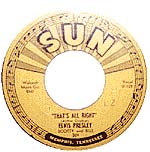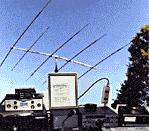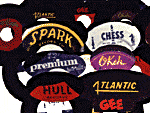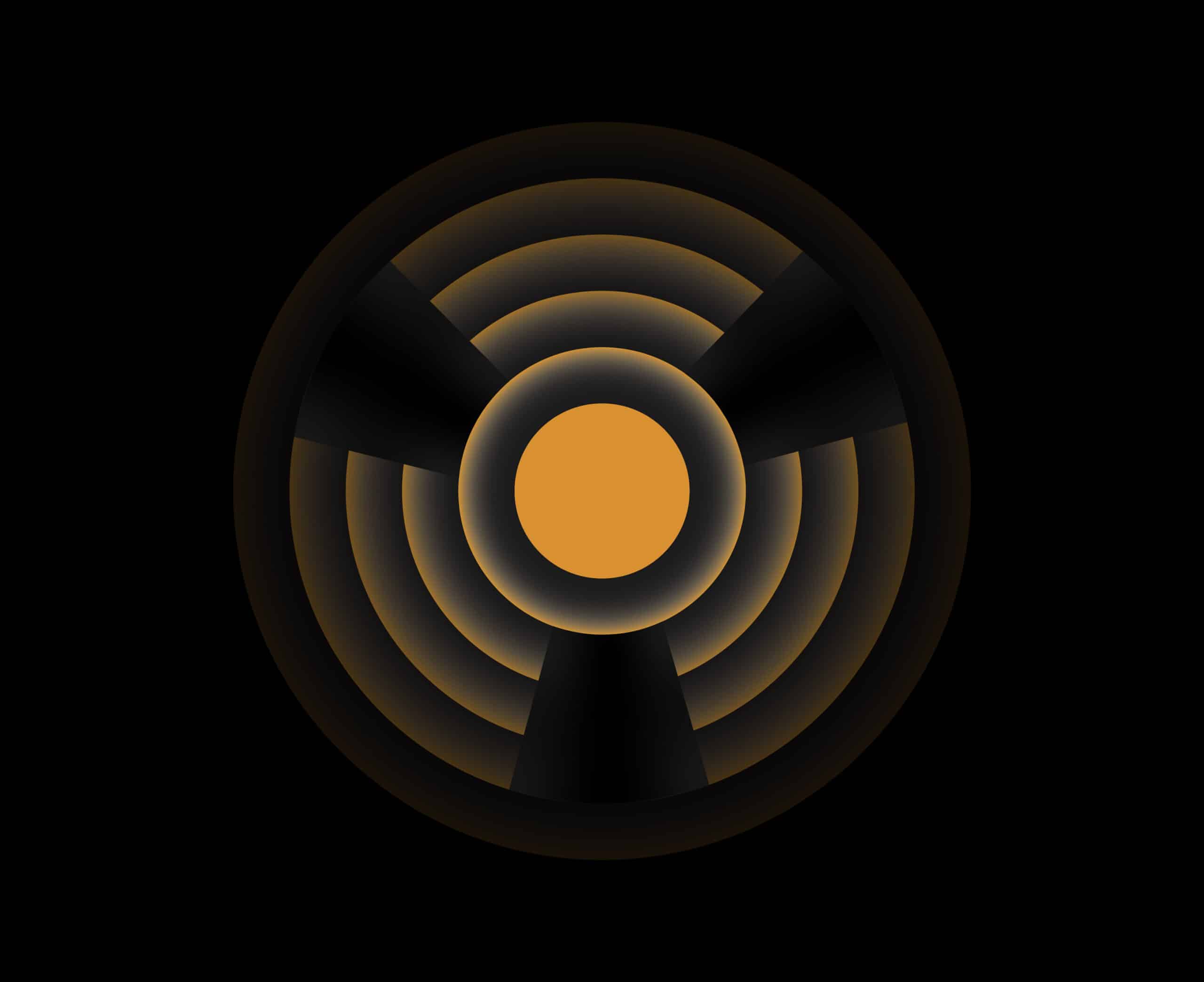The Dave Saviet Collection

|
Dave Saviet began his career in broadcasting at WRKL, a 1KW daytimer in Mt. Ivy, New York, in the mid '70's.
Since 1978, Dave's been busy as a technician for the CBS Network in New York City. He says he's been fortunate to have worked with the best in the business, like Charles Osgood, Charles Kuralt, Doug Edwards, Dan Rather and many others. He engineered Walter Cronkite's 20th Century for a number of years and worked with Dan Ingram and Cousin Bruce Morrow, to name a few.
In addition to the impressive collection of airchecks that Dave is sharing with Repository visitors, he also collects classic 45's and QSL's. Dave says that in his years with CBS he's had so many wonderful assignments that it would take a book to list them all. He also says that he has been very fortunate to not to have moved all over the country, like many broadcasters. We are very fortunate to have Dave's collection available in the Repository. Thank you, Dave! |
[Descriptions by Uncle Ricky]
Did any current-day computer execs pay any attention to the spot to write “Computer, c/o WOR-FM New York”? They were IBM’s and UNIVACs, then – serious mainframes without even a hint of GUI, but you could make up to 8, 10, 12 thousand a year, (or more, thankfully), as a programmer, keypunch or console operator! It was many years later when expensive IBM “PC’s” running “MS-DOS” appeared in radio station offices. Also noteworthy is the promo for a recording contract with MGM, just 8 years earlier, the call letters of another NYC radio station. Who says things change faster these days?
This fast-paced montage of various New York City radio stations and personalities was originally assembled by Peter Mokover of Spectrum Research. Peter wrote (see COMMENT) that he put it together as the audio portion of a multimedia presentation about radio that he did with Pete Fornatale (d. April 26, 2012) of WNEW-FM.
Included: Alan Freed Intro, Pre-Drake WOR-FM Jingle, Rosko, Jim Lonsbury, “Drake’s Big Town Sound”, Brother John, WABC-FM “Love” Format, Bruce Brown, American Contemporary News, Charles Edwards, WINS, Jim Donnely, WNEW, Dan Thompson WOR-FM 20/20 News, American FM Radio News, WMCA, WABC, WCBS-FM, WOR-FM, Charlie Greer (Dennison), Herb Oscar Anderson, Bruce Morrow on WINS (Coney Island Remote), WINS Jingle, Johnny Holliday, Jack Lacey, Napoleon XIV, Scott Muni & Cousin Brucie on Park Avenue (Dan Ingram Show/Beatles), PAMS Beatles Jingle, Dan Ingram, Arthur Van Horn (ABC News), Bob Lewis on WMGM, WABC, WABC-FM, WCBS-FM, WNEW-FM, WCBS-FM Jingle, Murray the K on WINS, Dave Herman, John Zacherle, WABC-FM, WPLJ-FM, Rick Sklar WABC News, WABC Super-Pickets Promo (AFTRA Strike), WMCA “Good Guys” Song, B. Mitchel Reed, WABC Principal of the Year, Cousin Bruce WABC Jingle, Bob Dayton’s ill-considered “Hiroshima” comment (his last day on WABC, forever), Roby Yonge WABC, Les Marchak WABC, Murray the K introduces Mad Daddy on WINS, WINS News intro, and Pete Fornatale on WFUV.
Of particular interest: Rick Sklar pressed into newscasting duties and the WABC Super Pickets Promo, during the 1966 AFTRA strike. (Portions of this composite were previously featured in the WCBS 1989 DJ Reunion.)
It was also common for Freed to identify the label of each record he played. A few years later, Freed and others were branded as criminals because they took “pay for play”. What seemed like a terrible transgression against the “public interest” then pales in comparison to today’s mega-monopoly ownership of the airwaves.





